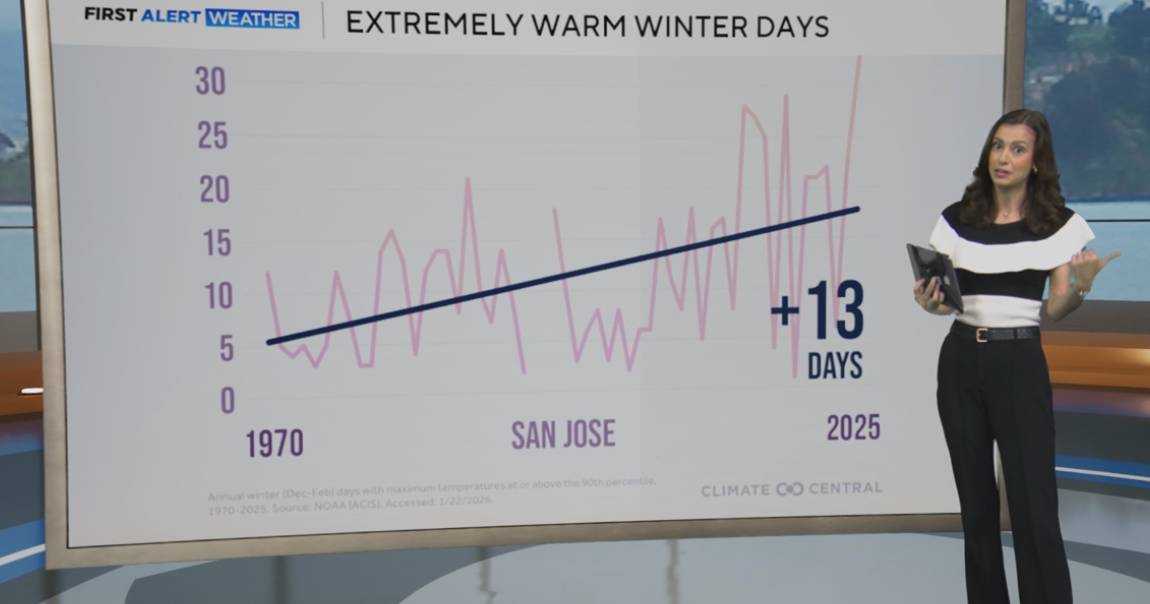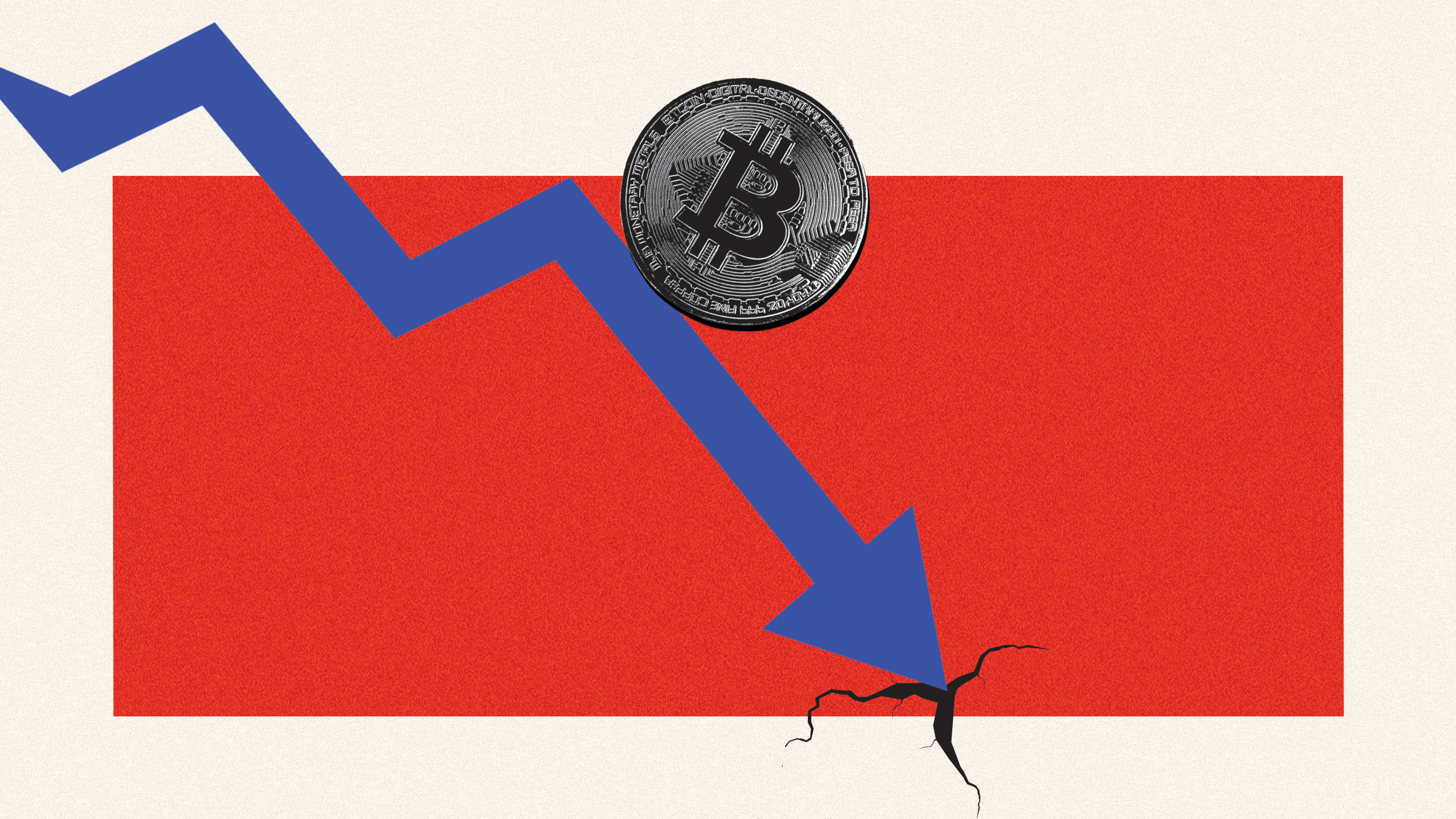For once, the world's economies are in synch -- but for how long?
Enjoy it while it lasts.
The world's largest economies, including the U.S., are poised to grow in concert this year, having finally -- if likely temporarily -- pushed through the raging storms that followed the 2008 financial crisis. For the first time in years, no major problems loom.
As David Levy, chairman of the Jerome Levy Forecasting Center, wrote in a recent research note, "A rear-view look at the first half of 2017 is most notable for all the things that didn't happen." Nothing remarkably good -- but more importantly, nothing very bad, either.
"We are currently seeing a synchronized global expansion slowly unfolding," said economist Hugh Johnson. That is particularly true in Europe and Japan, which have lived through their share of troubles.
According to a World Bank forecast, the global economy should advance a modest 2.7 percent this year, topping 2016's 2.4 percent and within the range that has prevailed for the last several years. The U.S. gross domestic product is expected to bump along at 2.1 percent, its average since the Great Recession, the bank estimates.
The European Union, with its troubles in Greece and other southern periphery nations in abeyance for now, is projected to see economic growth of 1.7 percent. The fastest action is in south and east Asia, where India is expected to come in at 7.2 percent and Indonesia at 5.2 percent.
China, which last year frightened investors who feared a drastic slowdown of its roaring expansion, has stabilized at a still-robust projection of 6.5 percent, down only slightly from 2016's 6.7 percent. Even perennial laggard Japan, the world's third-largest economy, is expected to grow 1.5 percent, much better than in recent years.
All that's good enough for stock markets worldwide, which for the most part have enjoyed decent returns lately. In 2017 through last Friday, according to MSCI indexes, U.S. stocks were up 8.4 percent. American stock indexes advanced Friday to end the first week of July higher after the latest federal data showed employers added 222,000 jobs in June, the second-largest payroll gains of the year and a demonstration that the labor market remains vibrant.
Stock bourses in the developed world "are at an all-time high, even though growth is slipping" in countries like China, said Myles Clouson, senior director at Nasdaq Advisory Services.
Still, Chinese stocks have shrugged off any downbeat sentiment. In 2017, China's stocks have climbed 22.3 percent and India's 22.7 percent. In Great Britain, they managed to increase 7.1 percent despite worries about the nation's planned exit from the European Union and a fragile parliamentary majority for Prime Minister Theresa May. In Japan, stocks have gained 7.1 percent.
Emerging markets also have surged ahead, with stocks this year up 21.7 percent in India and 13.7 percent in Indonesia. There are a few exceptions -- like Brazil, beset by slumping commodity prices and political corruption scandals, and Russia, where international sanctions and low oil prices have hurt. They only recently have seen small economic growth after two years of contraction. Brazilian stocks are up 1.2 percent this year but Russian equities are off 15.9 percent. Overall, MSCI numbers show emerging nation's stock rallying 16.2 percent in 2017.
Note that there's a disconnect between economic growth and stocks, which are investors' bets on what they think the future will hold. U.S. stocks took off after Donald Trump's election as president, with markets expecting him to cut taxes, unleash a tide of infrastructure spending and curb business regulations. So far, he has had more success with regulations than tax cuts, and the U.S. market's increases have slowed since spring.
Still, as strong corporate earnings have rolled in, various domestic indexes have notched new highs.
Also helping the global economy are low interest rates, which central banks have engineered to stimulate economic growth. While the Federal Reserve and other central banks are now unwinding those policies and nudging rates up to head off inflation, this process is happening very slowly so not to spook companies and markets. The Fed, for instance, has raised short-term rates in increments of a quarter percentage point since December 2015, with the last hike in June. Odds are the next one will wait until December.
As a result, economist Gary Shilling pointed out, "equities are the only place the money has to go because rates are so low" and don't pay investors enough.
Yet as economist Levy makes clear, the threats the world worried about from 2012 through last year have fizzled. One such concern was that the Chinese economy would decelerate so much that all its suppliers of raw materials for its vast building projects would shrivel up. Another fear: The woes of Greece and kindred wobbly nations like Spain would drag the rest of Europe down. And another: Oil's price decline would tear the guts out of both oil producers and multinational companies based in Europe and North America.
While these woes inflicted harm, none of them amounted to a wrecking ball to the global economic structure.
Certainly, some subterranean fissure is out there, waiting to wreak havoc. The U.S. is enjoying its eighth year of tepid economic growth. The good times can't go on forever. Economists fret about what might trip up the economies and stock markets in the U.S. and other nations. The present favorite is war on the Korean peninsula, which could decimate South Korea, the world's 11th largest economy.
Odds are the impetus for the downturn won't be that dramatic. But, as with previous shocks, it will likely involve factors that either alone or in combination, most of us don't see coming.



